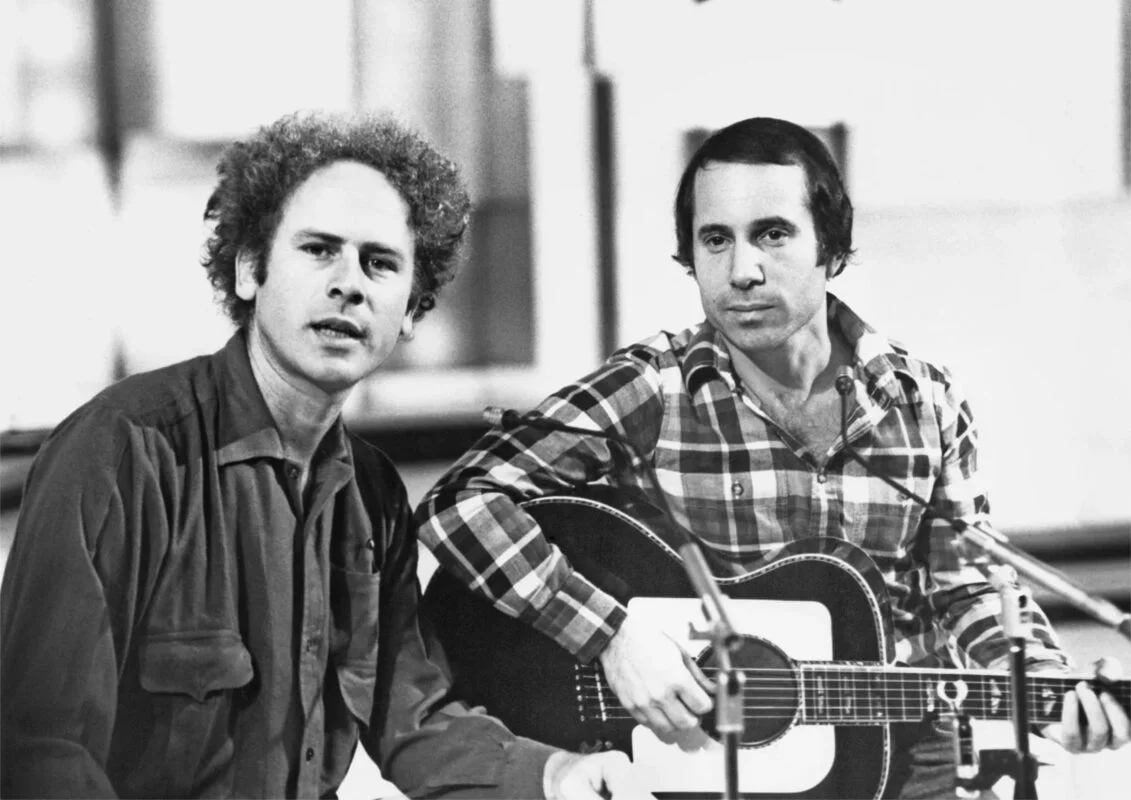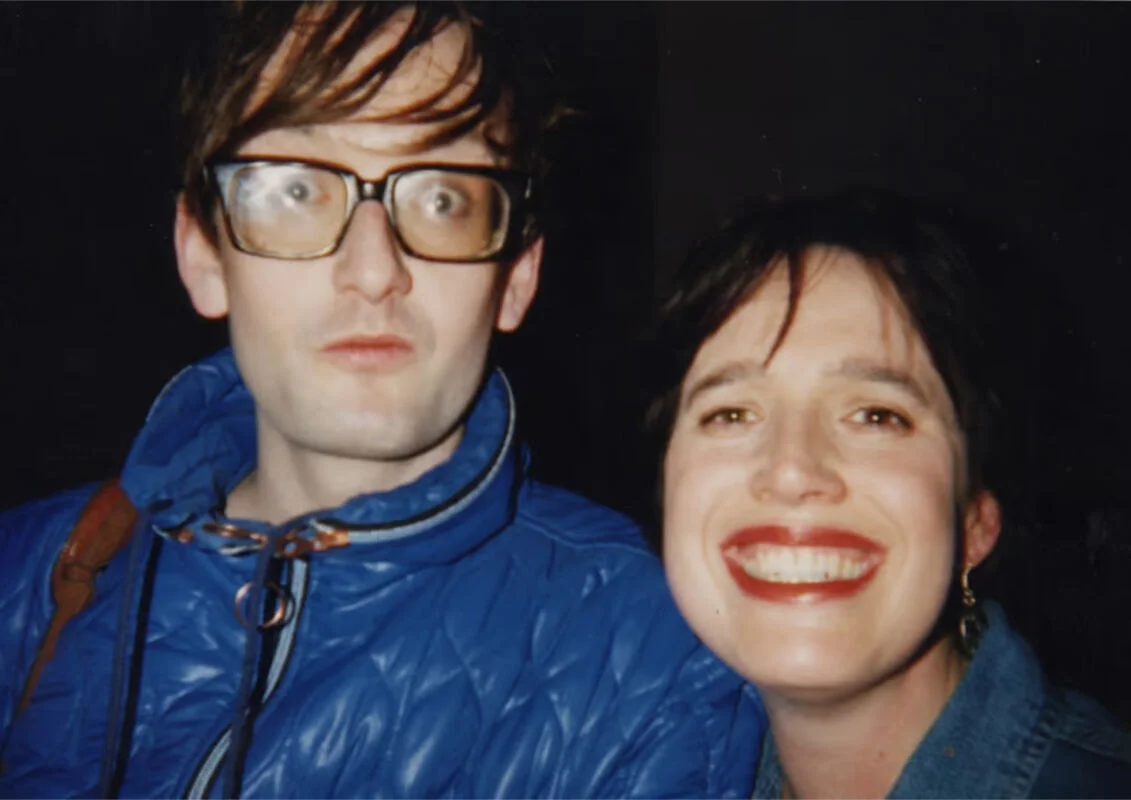
HOMEGROWN & WELL KNOWN is my biweekly column in The Beat (Bali) mag. Basically it's an interview via e-mail with Bali's local big shots.
A very detail-oriented perfectionist, he keeps a low profile and frequently does high profile jobs, Ridwan Rudianto began his career in video/filmmaking right after he completed his studies in Toronto, Canada. While still under the radar, he participated in a series of brilliant projects. One of the highlight was when he directed a controversial work for Superman Is Dead’s first ever videoclip, “Punk Hari Ini”. Big names like Goenawan Mohamad and Jay Subiyakto are people he has teamed up with. For once, Ridwan deserves a better, brighter spotlight.
How did you get involved in the video/movie industry?
As soon as I came back to Indonesia after finishing my video editing course in Toronto, I instantly started getting busy in the industry.
Your videoclip, “Punk Hari Ini”, was quite historic back then. It shocked the old-fashioned Indonesian people due to its badass image of the band in the video, while at the same time, the youngsters really loved it and thought it was very cool. Anything you want to share?
It was in 2003. That video was actually my very first (video clip!). Quite historic for my career, indeed. It was more like a communal project. Lots of people involved. Much creative helps from friends. Also ideas from Superman Is Dead themselves. All good. All fun. That was also when SID had just signed up with the major label, Sony Music Indonesia, which brought good and bad. The video ended up getting huge attention on a national scale. Some “chauvinists” even complained about how SID used too many westerners as extras. Oh, also, during the making of the video the label was pretty worried seeing all the decadence. I was constantly reminded to later censor as many beers, cigarettes, and middle fingers as I could, which were plenty. Hehe. But, surprisingly, some people really liked the video. They like the feeling of the celebration in which all the communities—from skaters to surfers, bikers to BMX boys, rock scenesters to tattoo enthusiasts—got together, having fun together, they felt represented there. The people who liked it seemed to understand that this country needs to chill out from all the boring conservatism…
What’s another videoclip that you made that you think worth mentioning here? Why?
Not easy to answer this kind of question. For me, each videoclip has its personal relationship, has its own value. It sounds a bit cliché but it’s definitely true.

How do you see the future of video/filmmaking in Bali?
With today’s digital facilities, faster internet access, all these amazing technologies, things should be much easier. The future should be brighter. The door has opened much wider. However, the support from the government is still very much needed. Especially to provide better infrastructure and a proper system so things can go smoother. And cheaper.
It seems like nothing much happening in video/film making in Bali. What’s really going on?
Brutal fact: it’s because the headquarters for audio visual stuff is in Jakarta, still. Since day one. The filmmakers just did the shooting here in Bali—movies, videoclips, TV programs, ads, etc—and then go back to Jakarta or their countries for the next process. This phenomenon, Bali as the movie making destination, should’ve been grabbed by the local government as the perfect moment for technology and knowledge transfer between the outsiders and the locals. The government could create, say, certain systems or rules so the outsiders are forced to use local workers. Not only as daily workers, labourer kind of jobs, but a decent program like workshops or something. By enforcing this, there will be full-on knowledge transfers to the locals. Plus the locals can get better exposure. The chance for the locals to compete, nationally and internationally, will automatically become way bigger.
Does Bali have talented video/movie makers? Who are they and how far have they reached?
Tintin Wulia – her video arts have traveled all over the world and got great acknowledgement by video critics.
Soma Helmi – her movie was chosen as part of the wide screen movie produced by Ridley Scott titled Life In a Day.
You can google both of their creations. Very impressive.
What’s your latest activities in regard to video/film making?
Early this year I made a short documentary movie, Berdiri Lagi Menolak Mati, in order to support the book Blantika | Linimasa.
What’s the biggest acknowledgment you have received so far?
Being a part of visual team for Matah Ati, the colossal Javanese dance epic by Atilah Soeryadjaya and Jay Subiyakto, also the Karna monologue by Goenawan Mohamad.
Now, let’s get personal, name three of your all-time favourite records and why?
Stereolab’s Aluminum Tunes. Stereolab always amazed me by presenting much new sounds in each of their album.
Portishead’s Third. Each tune goes slowly and patiently and ended up calm and graceful.
Low’s Secret Name. As it name says, Low gives low tones, slow tempos, some call it “slowcore”, to bring out this pacific, quiet atmosphere.






Three of your all-time favourite movies and why?
Crouching Tiger, Hidden Dragon, directed by Ang Lee. I was born and bred watching martial arts movies. Here Ang Lee successfully transformed the old school martial art movie style into modern era.
Days of Heaven, by Terrence Malick. A movie with minimum dialogues, but, it’s like you got deeply stabbed and the wound lasted so long.
Adaptation, by Spike Jonze. “The scripts I’m starting,” said Charlie Kaufman (the main character in the movie), “It’s about flowers. Nobody’s ever done a movie about flowers before.” A movie which talks about the movie itself. Very clever.
Any nagging last words?
This “indie filmmaker” term, I’m not sure why people are so proud of it. I just think one day, if you take your work seriously, we all want to make movies with appropriate budget so we can be backed up by professional team and, hopefully, releasing epic movies. It’s never wrong and also cool to be Peter Jackson or Woody Allen. It’s alright to get investors, sponsors, and being commercial. As long as you can make good movies. As long as between you and the investor it’s a win-win solution. Just don’t get too fixated with who’s indie who’s not. Grab a chair, get a pen, write a script, and make good movies. Indie or not, who cares.
💧Read also HOMEGROWN & WELL KNOWN: ARIEF ‘AYIP’ BUDIMAN.
________________________
• This interview was firstly published on The Beat (Bali) # 307, Mar 16-29, 2012



